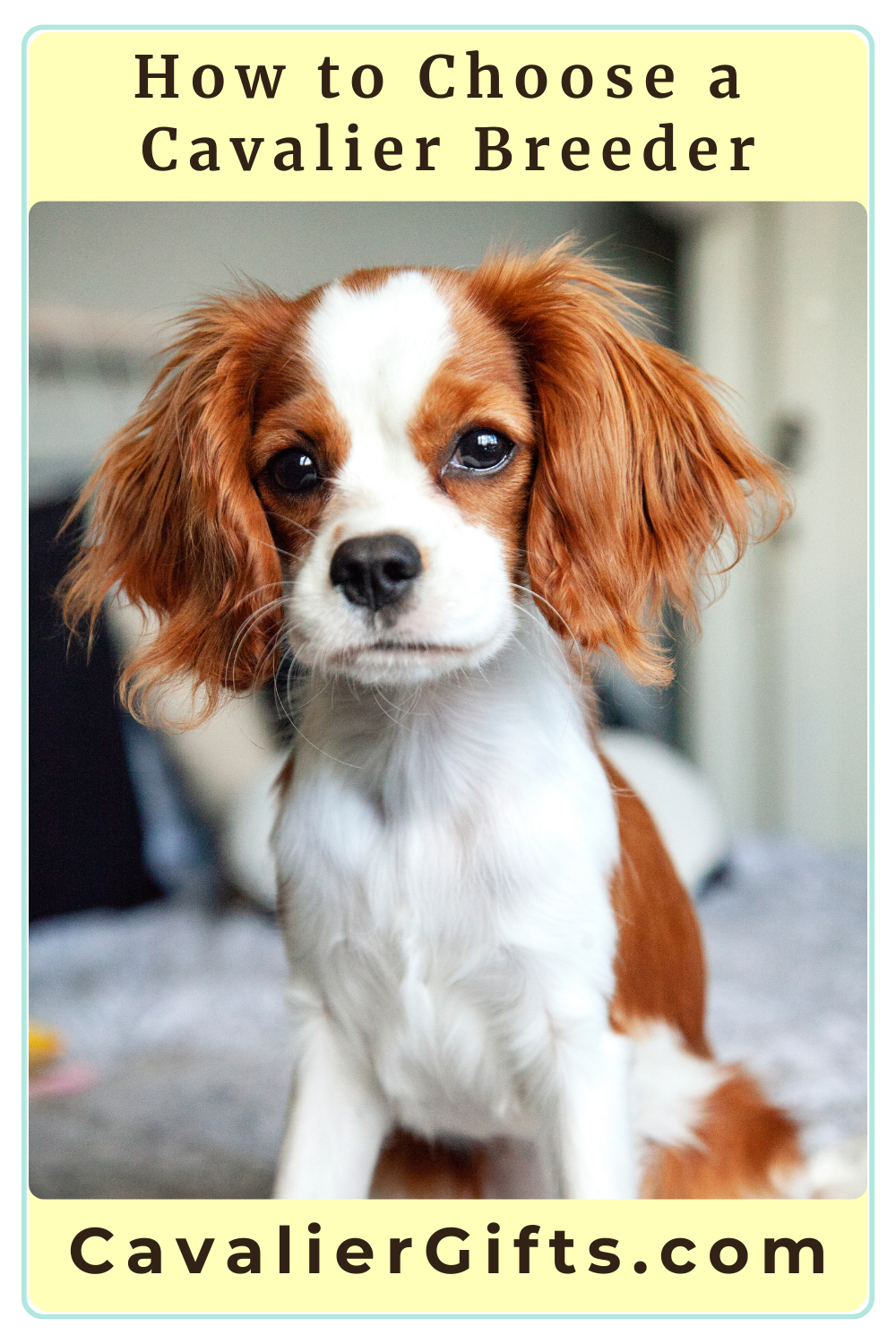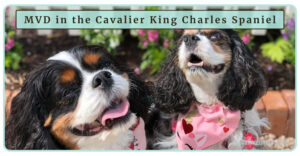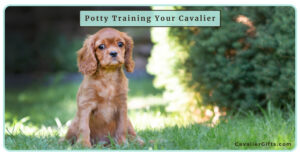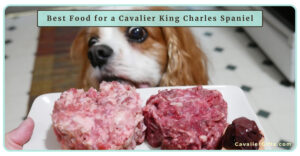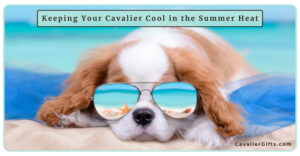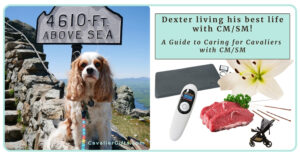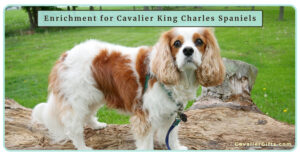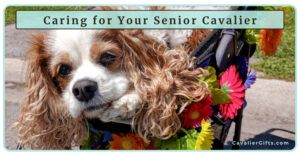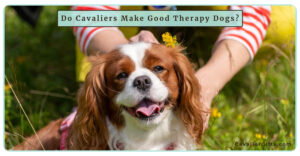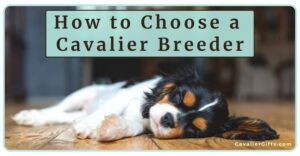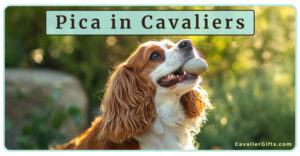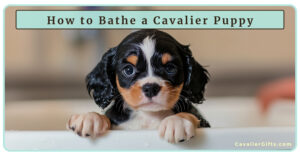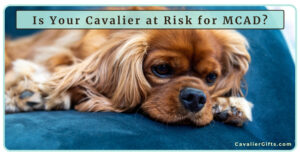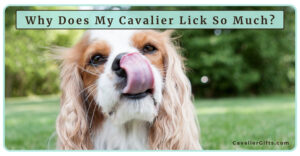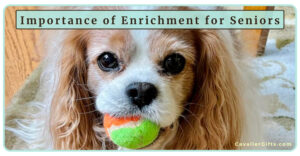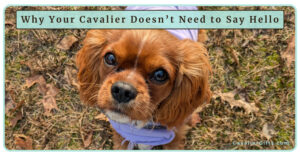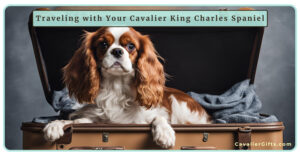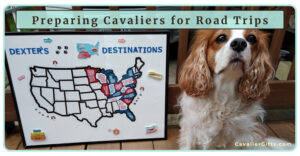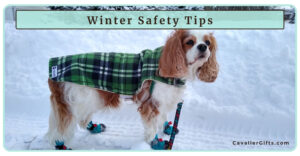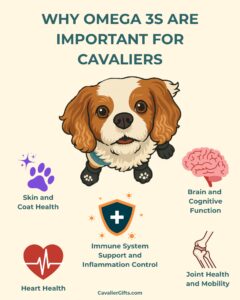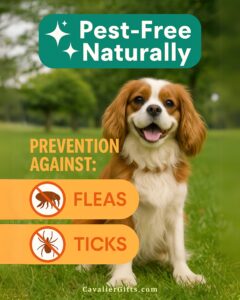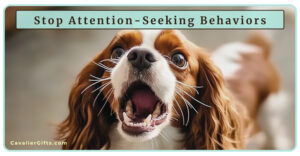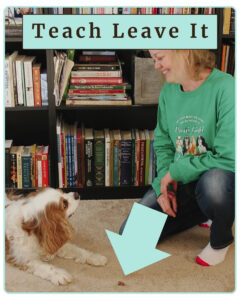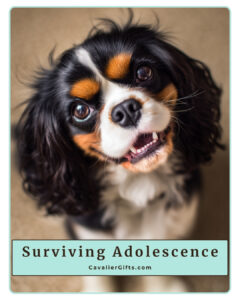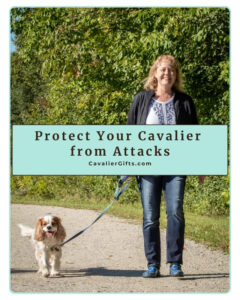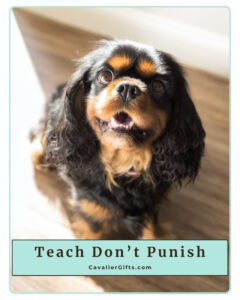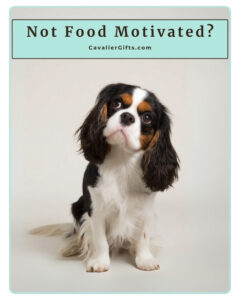Choosing a Cavalier King Charles Spaniel Breeder
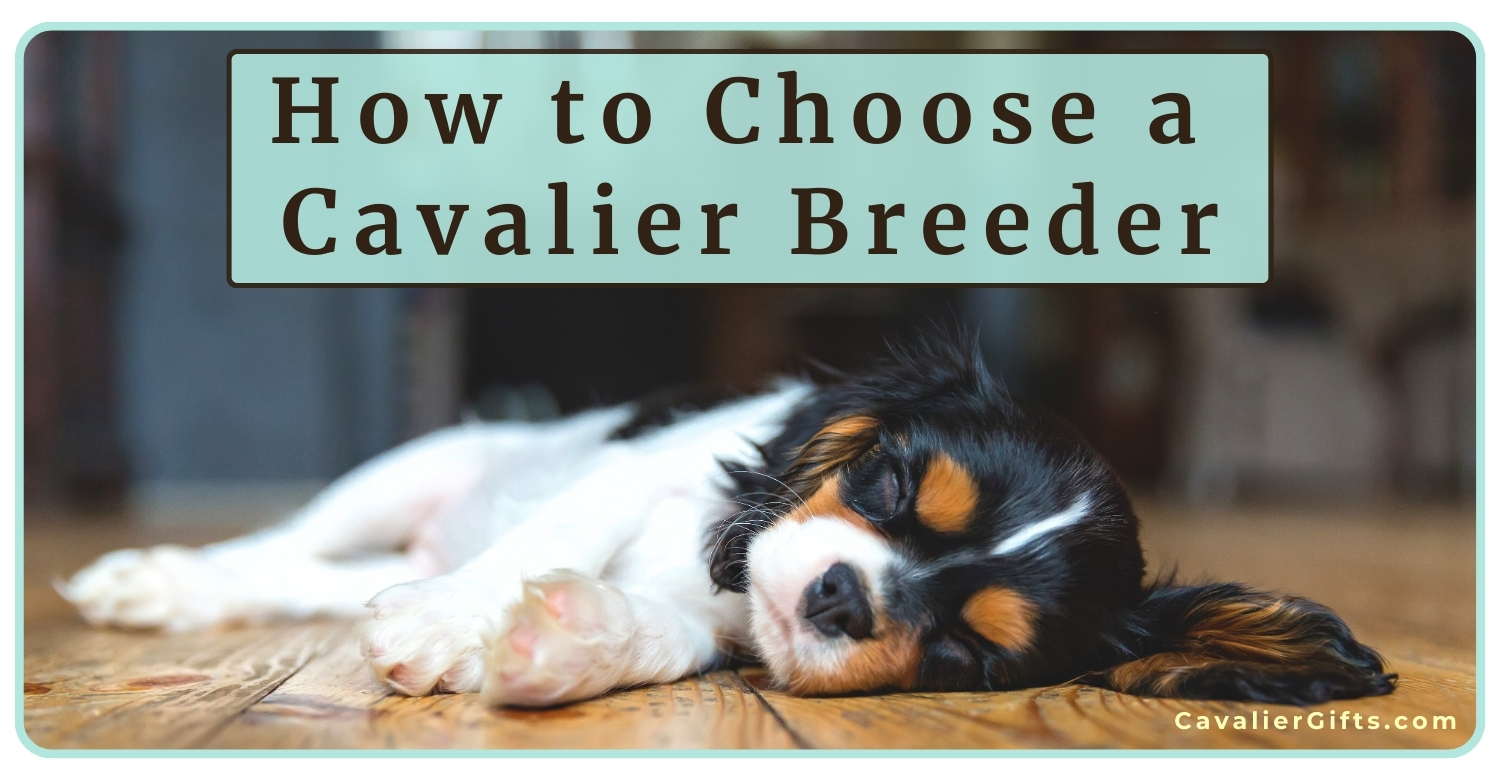

While I understand the “adopt don’t shop” idea, there are valid reasons to purchase a purebred Cavalier King Charles Spaniel from a responsible Cavalier breeder. I’ve received numerous requests on how to find a good Cavalier King Charles Spaniel puppy breeder, so let’s dive into my personal thoughts and considerations.
Educate Yourself on the Cavalier King Charles Spaniel Breed
First things first, it’s crucial to understand the breed you’re interested in. Cavaliers are charming, affectionate, and beautiful, but they also have specific needs and characteristics. Learning about the typical Cavalier personality and care can help you in deciding if a Cavalier is the right breed for your family.
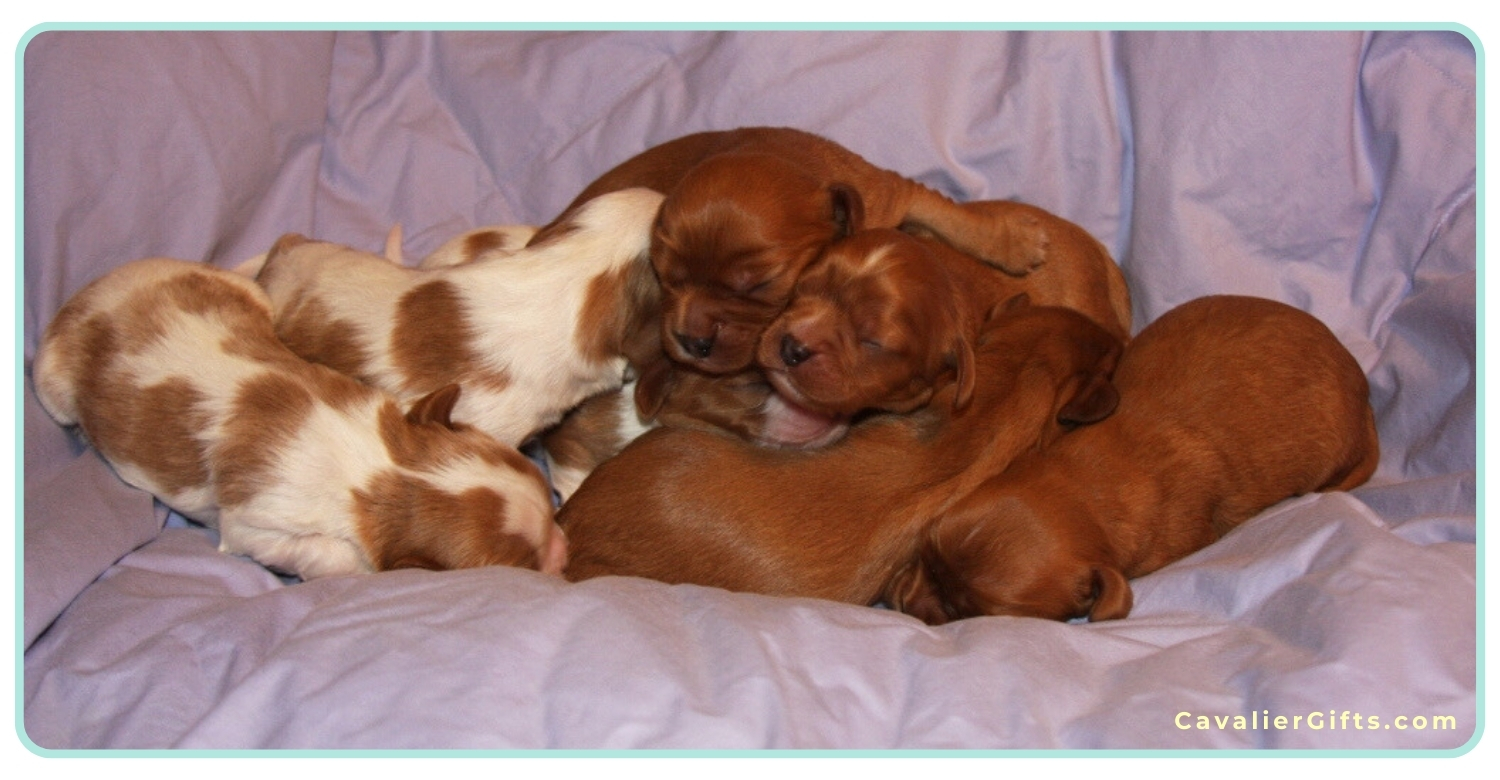
Dive into the Cavalier King Charles Spaniel Breed Information
The internet has a ton of information about Cavalier King Charles Spaniels. Not all good, so take everything with a grain of salt. I would suggest looking at Cavalier King Charles Spaniel national breed clubs and Cavalier rescues. They tend to have a lot of very helpful information. Spend time reading about Cavaliers to understand their grooming care, behavior traits, size, and medical concerns.
Cavalier King Charles Spaniel Temperament and Personality: Cavaliers are known for their friendly and affectionate nature. They thrive on companionship and are often described as “lap dogs” or “love sponges” because they love to snuggle. But, they aren’t all snuggle bugs, and it’s important to note that they are spaniels, which stem from hunting genes, so they can be very active little dogs. Interestingly, Dexter is now almost fifteen, and, over the years, I have met a lot of Cavalier families who downsized from golden retrievers, I was one of them. I think because they have that same personality of fun and eagerness to be part of the family activities.
When taught properly, they are often good with children and other dogs and adapt well to a variety of living environments. I do say when taught properly, as you can’t assume you can toss any dog into a situation and they will handle it as we had hoped. As a side note, please check out my YouTube channel, Dexter the Dog and Friends, to learn more about raising kids and dogs together.
Dexter’s school assembly!
Cavalier King Charles Spaniel Maintenance and Grooming: Cavaliers require regular grooming due to their silky and long coats. This includes brushing several times a week to prevent mats and tangles. Silky? Well, some Cavaliers have a much thicker coat than others. Take my Dexter, for example. He has very long fur, and it’s silky but also super thick. Daily brushing is even better if you can swing it. It will really help to prevent mats in the first place.
Regular baths are important too. If you are using a truly natural dog shampoo (I use 4-Legger) that does not have any harmful ingredients, you can bathe as needed. When Dexter was a visiting therapy dog, he had to have a scrub-a-dub-dub before his visits, so that was weekly or every two weeks for us. But now, he gets a bath every three to four weeks. Their nails should also be trimmed regularly, and their teeth brushed daily to maintain good dental health.
Grooming Tips. Subscribe to my @RaisingYourPetsNaturally YouTube channel for more.
Trimming Your Cavalier King Charles Spaniel: Talk about a controversy! I am always pro it’s your dog; do what is best for them and you. Dexter has Chiari malformation (more on that below) and because of that, grooming is uncomfortable. Therefore, I have always kept him in a puppy cut. I lighten that thick fur, shorten him up, trim his ears, and keep his slippers short. Slippers, BTW, are the fur around their feet, or Grinch feet. If you want to keep their Grinch feet full, it is important to still trim their foot pads to prevent slipping.
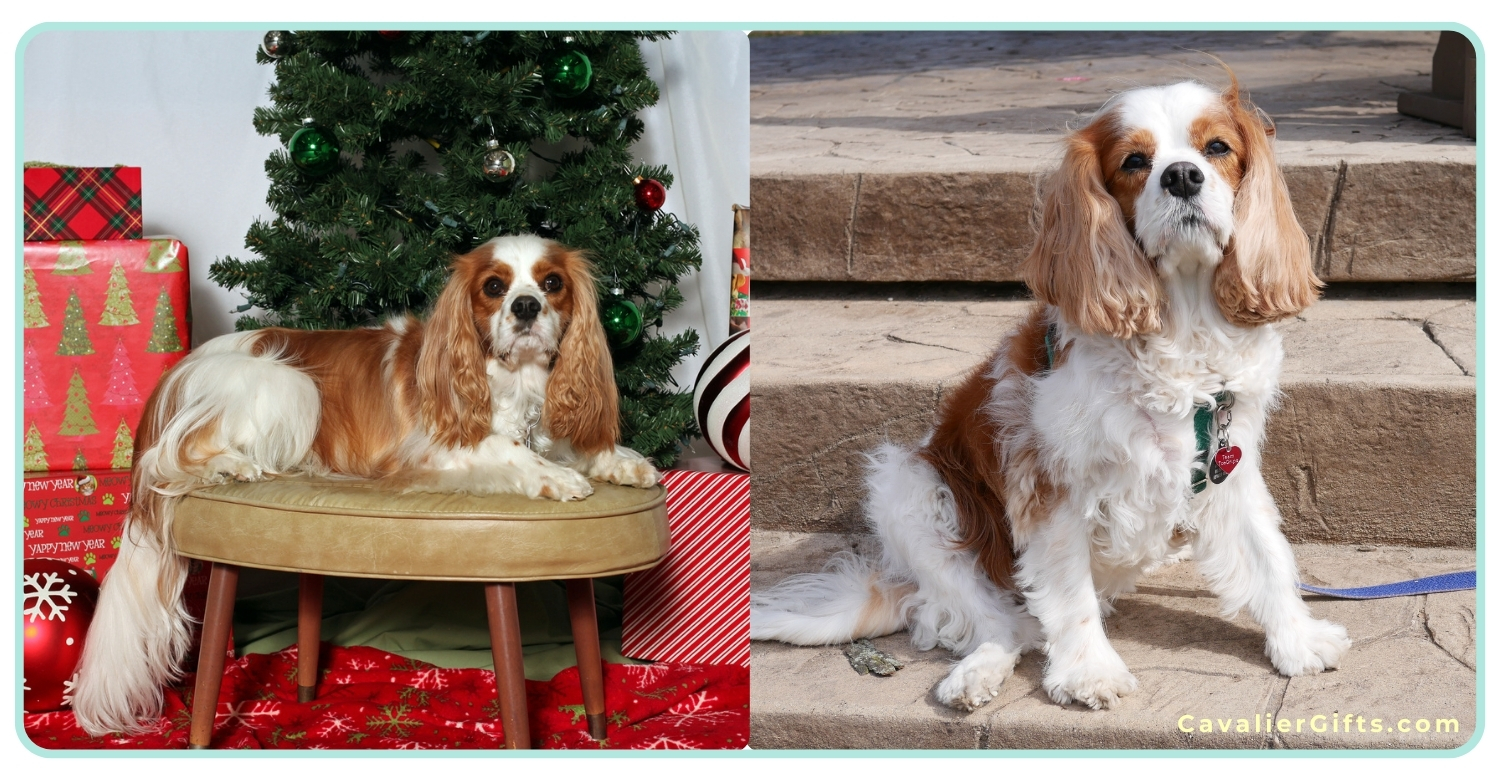
Cavalier King Charles Spaniel Medical Conditions: This is where our beloved breed suffers the most. Cavaliers are prone to several hereditary conditions. It’s essential to be aware of these and ensure your breeder is proactive in health testing because that’s the only way to help our Cavaliers out of their medical mess. Key health concerns include mitral valve disease (MVD), hip dysplasia, Chiari malformation (CM) and syringomyelia (SM), and patellar luxation. Reputable breeders will conduct specific screenings to minimize the risk of these conditions in their puppies.
Understanding Health Testing for Cavaliers
For Cavaliers, it’s crucial that both the breeding dogs and their parents are health tested for hereditary diseases. It’s not just the breeding pair, but the grandparents too! The grandparents have a longer history, testing and health records. A highly regarded breeding Cavalier should be over 2.5 years old, with parents that are MVD heart clear and MRI scanned clear of CM/SM. A reputable breeder will eagerly provide copies of health certificates of each parent and grandparents or links to tests. If not, be sure to ask. If they are hesitant to share, I would be hesitant to move forward.
- Mitral Valve Disease (MVD): Every breeding Cavalier King Charles Spaniel should have an annual heart exam by a board-certified veterinary cardiologist. The parents of your prospective puppy should have heart clearances from a cardiologist and be at least 2.5 years old at the time of breeding. All four grandparents should be over the age of 5 and heart clear.
- Syringomyelia (SM) and Chiari Malformation (CM): Both parents should have MRI scans showing them clear of CM/SM after reaching 2 years of age. It’s even better if the grandparents have also undergone MRI scans and are clear of CM/SM.
- Hips: OFA requires that a Cavalier be a minimum of 2 years old for hips to be certified. It’s recommended for grandparents to have certified hips as well.
- Patellas: Testing should be done annually to ensure healthy knees and to prevent luxation in both parents.

- Medium-Chain Acyl-CoA Dehydrogenase (MCAD): MCAD is a metabolic disorder that affects how Cavalier King Charles Spaniels process certain fats for energy. It’s caused by a genetic mutation that can lead to metabolic imbalances. DNA testing is essential to identify Cavaliers carrying the mutation and prevent passing it on to their offspring. This is a newer (Summer 2023) DNA test.
- Episodic Falling Syndrome (EFS): Is a hereditary neurological disorder affecting Cavaliers. Breeders should ensure all Cavalier breeding dogs undergo DNA testing for EFS before mating.
- Dry Eye Curly Coat Syndrome: An inherited disease that affects the eyes, skin, and feet of Cavalier. It can be detected through a DNA test.
- Dry Eye: Testing for dry eye in Cavalier King Charles Spaniels involves a DNA health test to identify the presence of the genetic mutation associated with dry eye, curly coat syndrome. Testing ensures early detection and appropriate management of this hereditary condition in breeding dogs.
Don’t forget to subscribe to our @CavalierTipsandFun YouTube channel for more!
The Importance of Puppy Socialization
Puppies develop both physically and mentally right out of the gate, and even during pregnancy! A stressed mom can produce stressed, unhealthy puppies. A responsible breeder not only ensures a Cavalier puppy is medically healthy, but behaviorally as well. Breeders should prioritize the physical and mental well-being of Cavalier puppies by starting basic socialization at home. This includes introducing puppies to children, adults, outdoor environments, handling and grooming, and exposing them to different textures and obstacles.

Finding a Good Cavalier King Charles Spaniel Breeder
Many national breed clubs provide breeder lists, which are a great starting point. Look within a specific mile radius you are willing to drive to meet the breeder and puppies. Breeder websites should have detailed information on health testing and puppy socialization.
When you find a few breeders who look good on paper, contact them via email or phone. Discuss your goals and hopes for your new family member. You are looking for a connection with a breeder just like you are looking for a connection with your puppy.
Visiting the Breeder and Their Cavaliers
I recommend setting up a date and time to meet the breeder in their home and visit with their Cavaliers. Seeing the living situation and behavior of their dogs in person is a great indicator of how the puppies will turn out. Look for happy breeding dogs that are part of the family. Some breeders may be hesitant about home visits, but it’s essential for you to feel comfortable with the environment where your puppy is being raised.
Picking out Dexter! FYI he was 5 weeks here, I would bring him home at 12 weeks.
Choosing Your Cavalier Puppy
This could be an entire article on its own, but here are a few highlights to get you started. TAKE YOUR TIME! This is not a time to make a quick decision or an impulse buy. You are choosing your next family member, a living creature with strong emotions that will hopefully be with you for the next ten to twenty years.
Before meeting the puppies, have an idea about what you want to do with your Cavalier puppy and future dog. Are you looking for a canine athlete? Or maybe a therapy dog to visit children or the elderly? The personality traits of those two puppies can be quite different, so knowing your goals will help in choosing the best Cavalier King Charles Spaniel puppy for you, your family, and your goals.
Bringing Your New Cavalier Puppy Home
Picking up a new Cavalier puppy typically happens when the pup is between 12-15 weeks of age. Prepare your car for your new puppy before arriving at the breeder’s home. Items to have on hand include a travel crate, puppy blankets, healthy treats, water and bowl, and a leash and harness. If your journey includes an overnight stay, pack items for a dog friendly hotel stay.
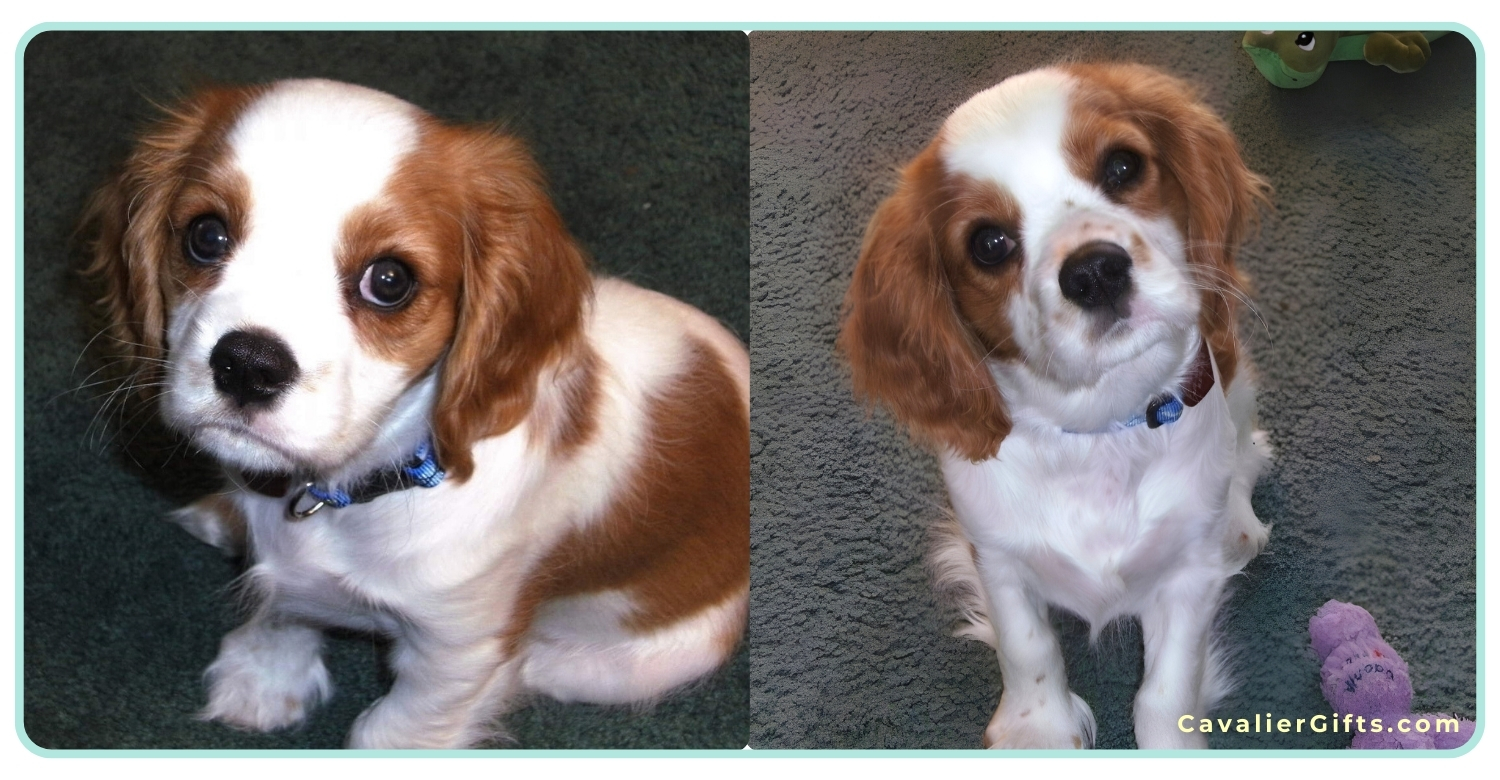
Air Travel Considerations
I personally would never fly any of my pets in cargo, nor would I have my puppy shipped to me. Meeting the breeder, dogs, and puppies is essential. If you plan on a plane ride home, check with the airlines on what they will need before your departure.
Maintaining Contact with Your Breeder
When breeders are committed to the breed’s well-being, they may ask you to provide specific health tests on your puppy throughout its life. This means the breeder is looking to see how the puppies develop, and if there are any medical concerns over their life, they may not breed that pair again. In my book, this speaks volumes about what a responsible breeder really is.
Now that you have a healthy and behaviorally sound Cavalier puppy, it’s your job to start socialization and training. You and your puppy are ready for a lifetime of fun and joy.
I hope this updated article helps your readers in their quest to find a reputable Cavalier King Charles Spaniel breeder. Good luck at finding your BFF!
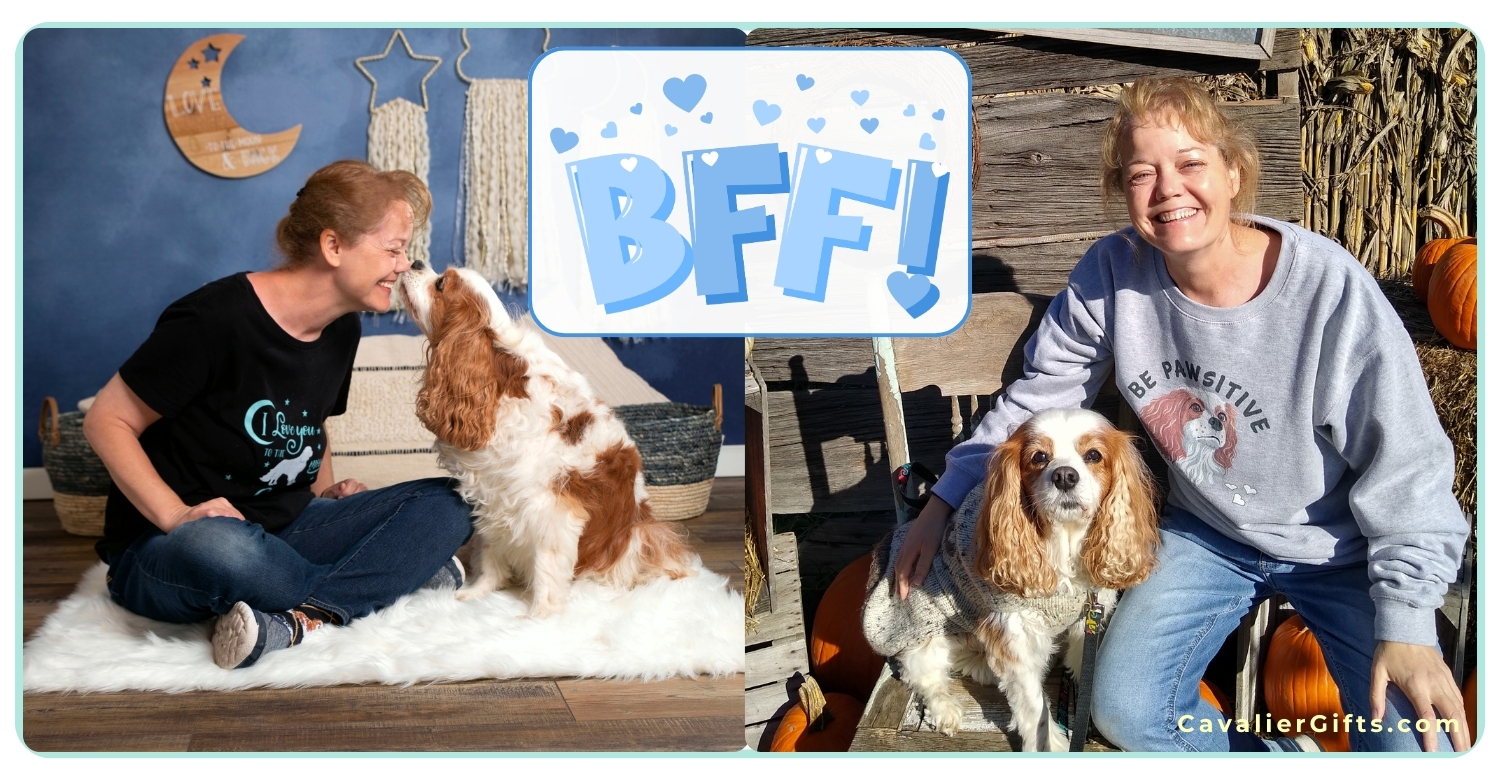
Google Ad Below
Join our vibrant Cavalier King Charles Spaniel community on Facebook, support our dedication to pet wellness on Patreon, and stay updated with our weekly newsletter for invaluable tips and insights into raising happy, healthy pets. Together, let’s make a difference in our dogs’ lives!
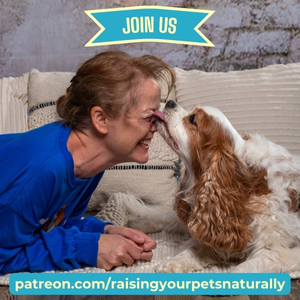
🐶💙Support our passion for pet wellness and unlock exclusive content, perks and early access by exploring our Patreon tiers. |

Sign up for our weekly newsletter!
|
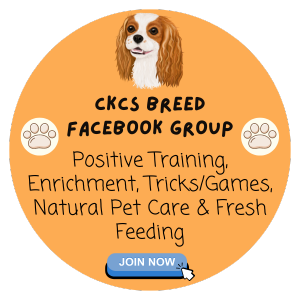
Join us on Facebook!
|
